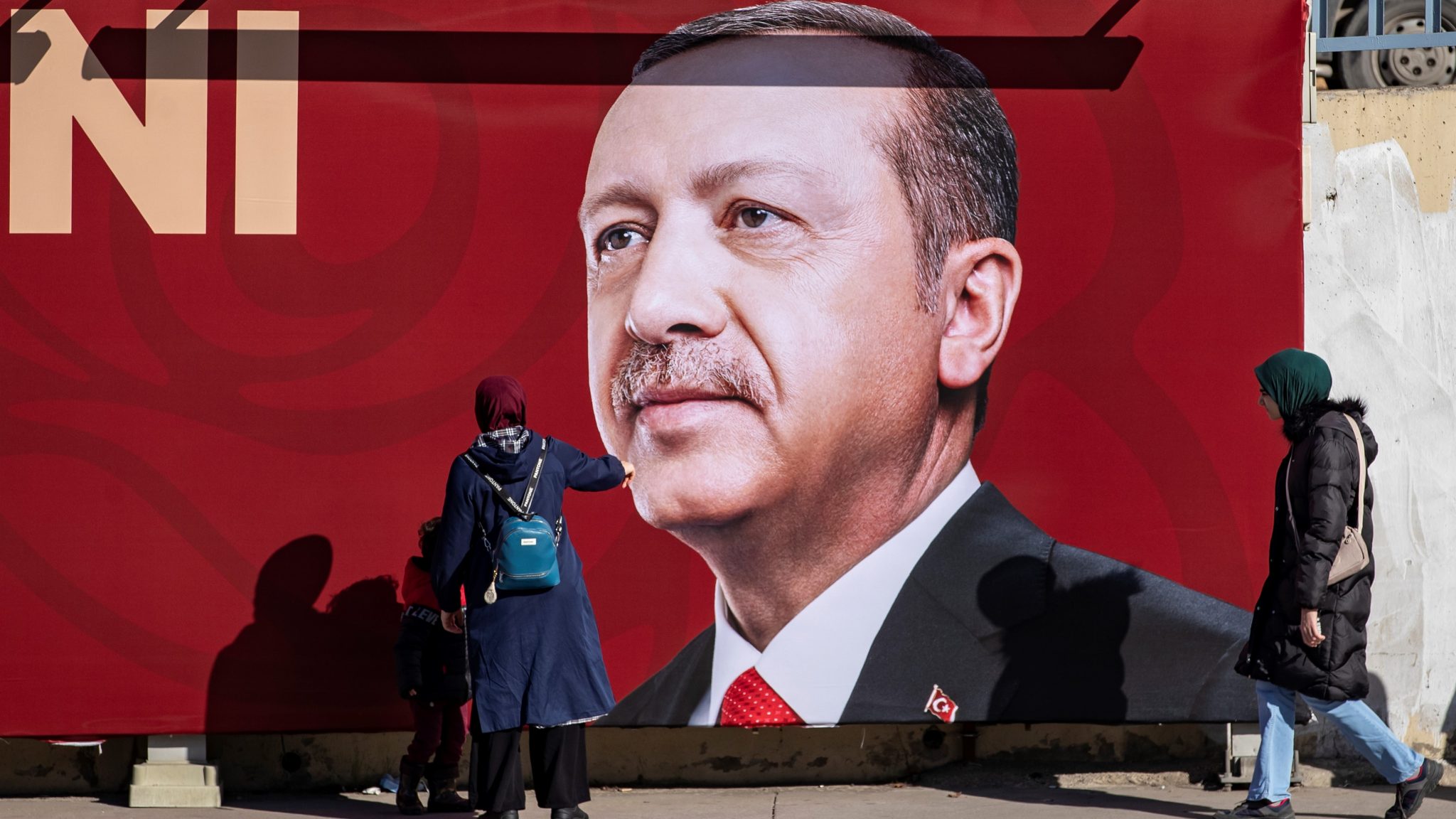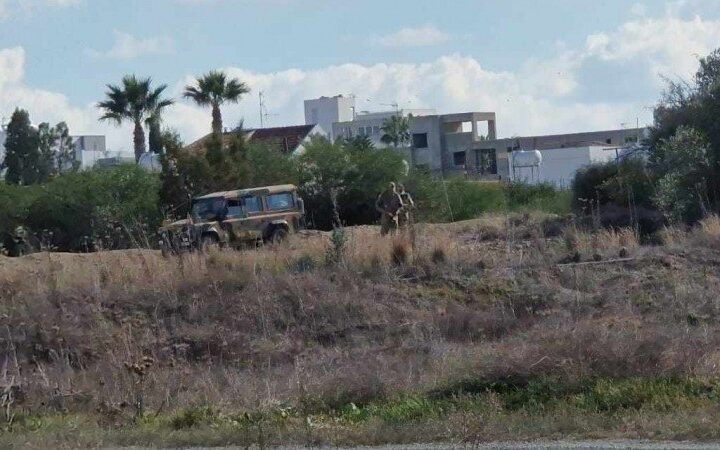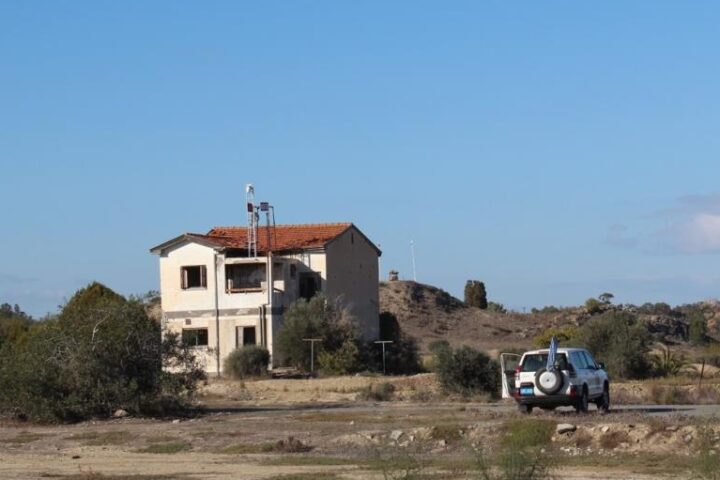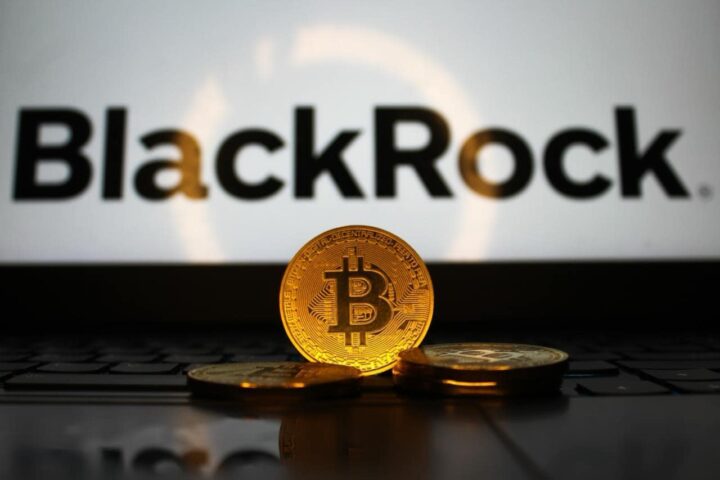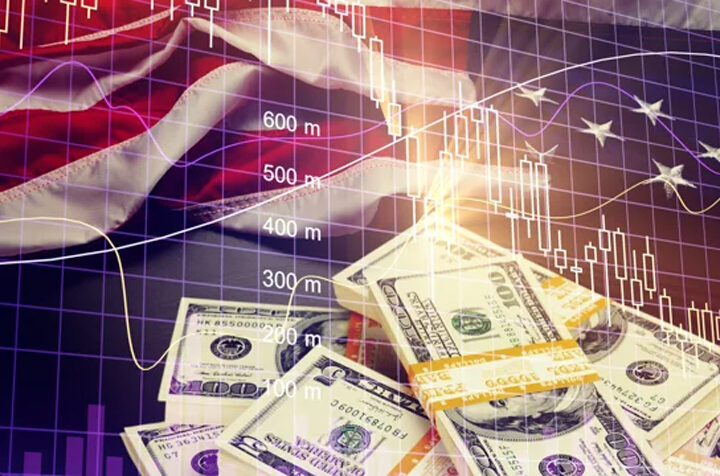With Turkey’s President Recep Tayyip Erdogan close to winning Turkey’s runoff election on Sunday, his ruling AKP appears to be split over his economic policies, leading to a massive inflation hike and national currency freefall.
Turkey is heading for a runoff vote on Sunday, as incumbent President Tayyip Erdogan unexpectedly led over his opposition rival Kemal Kilicdaroglu in the first round.
Erdogan secured 49.5% of the votes, while his main opponent Kilicdaroglu garnered 44.9%.
He came very close to winning the Presidency during the first round but fell short of an outright majority of 51% to extend his 20-year rule of the NATO-member country.
Despite seeking another five years, his economic policies are being challenged from within his ruling AKP.
As reported by Reuters, an informal group of ruling party members have been contesting Erdogan’s economic policies, propagating for a return to a more orthodox, free market approach.
Erdoganomics, as economists have dubbed the President’s financial policies, is believed to have led to a devaluation of the Turkish Lira, while inflation soared to its highest level under Erdogan’s watch to above 85% last year.
The national currency hit rock bottom on Thursday, three days before the vote, trading at 19.92 to the US Dollar.
According to Reuters interviews with nine sources, either government officials or others with direct knowledge of the matter, an informal group of ruling-party members have gathered in recent weeks to discuss how it might adopt a new policy of gradual interest rate hikes and a targeted lending programme.
Erdogan is not directly involved in the talks, which include some AK Party members who are outside the administration but held senior positions in the past.
However, another camp within the AKP, including cabinet members, has publicly stated they want to stick with the current programme slashing interest rates to boost exports and economic growth via rate cuts and heavily managed forex, credit and debt markets.
Given Erdogan led after the initial vote, much is at stake for the major emerging market economy that a cost-of-living crisis and a series of currency crashes have gripped.
With foreign reserves tumbling, some analysts say Turkey could face another economic crash this year that will send inflation soaring again and strains its balance of payments – unless the government changes course.
“They are studying a new economic model… since the existing model cannot be sustained,” said a senior official close to the matter.
“Basically, it would gradually raise the interest rate and end the structure of using multiple rates.”
The official said the group has not yet presented the full plan to Erdogan.
But Erdogan, a self-proclaimed “enemy” of interest rates, is far from being on board with such a plan.
Turkey’s President has repeatedly said in the campaign that interest rates would decrease as long as he is in power and inflation would be controlled.
Hopes that Erdogan may change his ways rely on the fact that he has, on occasion, taken a more orthodox approach when faced with past economic crises before pivoting back.
The informal group working on a new plan is not considering aggressive monetary tightening but rather a more gradual path that again emphasises the policy rate in lending markets.
Another option is using a public institution and state subsidies to deliver selective credit.
Forex
Economists say the Lira has shed almost 80% of its value to the dollar in five years, largely due to Erdogan’s economic policies.
It has touched new record lows since the initial vote while measures of investment risk have soared.
The Lira hit rock bottom on Thursday when it traded at 19.92 to the US Dollar.
According to Financial Mirror data, the lowest to the EUR was recorded on 4 May, trading at 21.51.
Kilicdaroglu’s opposition alliance pledges to reverse Erdogan’s programme with aggressive rake hikes and a return to free-market principles, a prospect that cheered international investors ahead of the elections.
Fitch said Turkey’s “B negative” credit rating depends on whether the post-election policy “becomes more credible and consistent” given the pressure on the Lira, wide current account deficit, declining reserves and high inflation.
Interest rates
Erdogan appointed a new economy minister and central bank governor 2021 to begin slashing interest rates to 8.5% from 19%.
This sparked a historic currency crash in late 2021 and sent inflation above 85% last year, prompting more than 100 new regulations that discouraged foreign currency holdings and ramped up banks’ bond holdings.
This saw foreign reserves tumbling, as the central bank’s policy of stabilising the Lira sent its net foreign reserves into negative territory for the first time since 2002, while the bank also sold $9 bln in gold since March to meet pre-election demand.
“It all points to a very bleak outlook.
“It’s hard to believe that this can be sustained,” Francesc Balcells, CIO of Emerging Markets Debt at FIM Partners, told Reuters.
“You could argue (Erdogan) could have a change of heart and then embrace orthodoxy,” he said.
“I’m not ruling it out… But at the end of the day, I think the basis of his economic beliefs will not change.”

